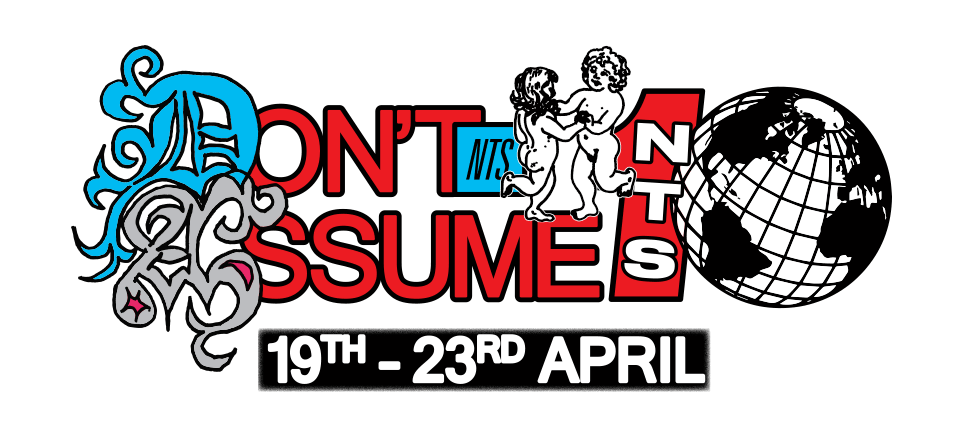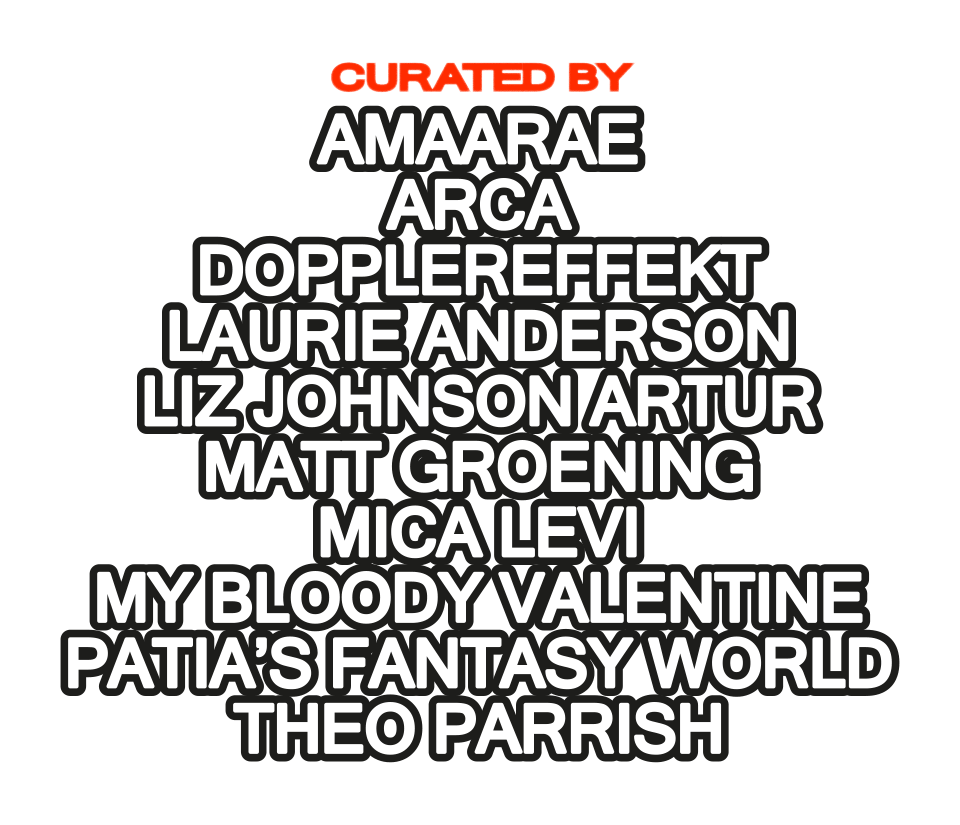NTS 10


Personalised Recommendations
Sign up or log in to MY NTS and get personalised recommendations
Post Punk Britain: Sounds On Screen
Created, curated and text by Florence Scott-Anderton.
"Post punk in British film, TV and artist moving image can be felt through an increase in diversity of concerns and forms for artist filmmakers, (new) romantics, art students and clubbers alike for this was a reactive time of upheaval. The intense anger of punk was swapped out for something less on the nose, instead more ambiently involved in despondency.
The advent of Channel Four brought on a hope and promise to go weird for national TV, as the dismay and abandonment of post war promises permeated through the country, across closed mining towns and struggling town halls and cities dealing with economic and social change on a force never felt before. Globalism had brought on dismay and abandon - ghost towns and lost cement gardens, and here, the spatiotemporal alienation and explorations of filmmakers such as Patrick Keiller and William Raban can be seen as a post punk moving image.
Post punk film and TV was emptiness instead of anger alongside experimental altered states from filmmakers on the fringes, creating dreamlike aesthetics and twisting forms of visual and editing style wrapped up in the political. London film co-op and experimental film and video styles played a huge role in the future of British film and TV. “Against the background of Thatcher's conservative policies, clause 28, the Toxteth riots and the spectre of AIDS; issues of identity became a significant concern for artists, Cinema and artist video in this time was avant garde” (Tom Roberts for Lux) - this Sounds on Screen deep dive explores film organizations such as Sankofa and Black Audio Film Collective, popular artist film such as Derek Jarman and the time where artists filmmakers such as John Maybury and Christpher Sleazy Chistospherson brought diary film and surreal fever dreams to their art school films and music promos before their burgeoning careers catapulted."
Further reading Rachel Garfield: Experimental Filmmaking and Punk - Feminist Audio Visual Culture in the 1970s and 1980s Elizabeth Ho: Thatcher and After: Margaret Thatcher and Her Afterlife in Contemporary Culture Joy I. Payne: Reel Rebels: The London Film-Makers' Co-Operative 1966 To 1996 David Anderson: Landscape and Subjectivity in the Work of Patrick Keiller, W.G. Sebald, and Iain Sinclair
You Might Also Like
Tracklist
- Breaking Glass (Dir. Brian Gibson, 1980)Excerpt Breaking Glass
- 23 Skidoo, (Dir. Richard Heslop, 1983)F.U.G.I
- (Dir. Michael Winterbottom, 2002)Excerpt 24 Hour Party People
- Margaret Thatcher On ITV Archive Circa 1974Excerpt
- (Dir. Sankofa Film And Video, 1986)Excerpt Passion Of Remembrance
- (Dir. Captain Zip, 1978)Excerpt Death Is Their Destiny
- (Dir. Leslie Thornton, 1981)Excerpt Jennifer Where Are You
- BBC Archive Footage Of Yorkshire Punks Circa 1980Excerpt
- (Dir. John Maybury, 1986)Excerpt Zodiac Machine
- (Dir. Derek Jarman, 1978)Excerpt Jubilee
- (Dir. Richard Heslop, 1989)Excerpt Microcultures
- Coil, (Dir. Peter "Sleazy" Christopherson, 1984)Tainted Love
- (Created By BBC Arena, 1979)Excerpt Who Is Poly Styrene
- (Dir. Laura Mulvey, Peter Wollen, 1977)Excerpt Riddles Of The Sphinx
- (Dir. Captain Zip, 1981)Excerpt Squat Party
- (Dir. Anna Thew, 1980)Excerpt Lost For Words
- (Created By Roger Law, Peter Fluck, Martin Lambie-Nairn,1984, ITV)Excerpt Spitting Image
- (Dir Vanda Carter, 1983)Excerpt Glory Boys
- (Dir Jack Hazan, David Mingay, 1980)Excerpt Rude Boy
- (Dir. Barney Broom, 1980)Excerpt Knights Electric
- (Dir. Sue Clayton, 1979)Excerpt The Song Of The Shirt
- (Dir. Vivienne Dick, 1978)Excerpt Guerillere Talks
- (Dir. William Raban, 1986)Excerpt Thames Film
- (Dir. Patrick Keiller, 1983)Excerpt Norwood
- (Dir. John Akomfrah, 1986)Excerpt Handsworth Songs
- (Dir. Anton Corbijn, 2007)Excerpt Control


